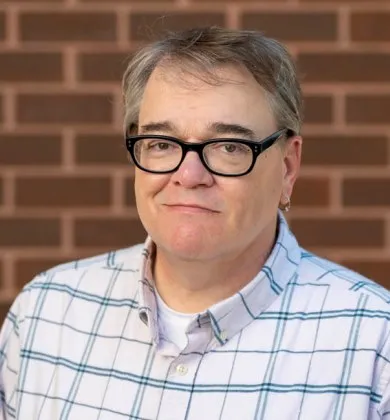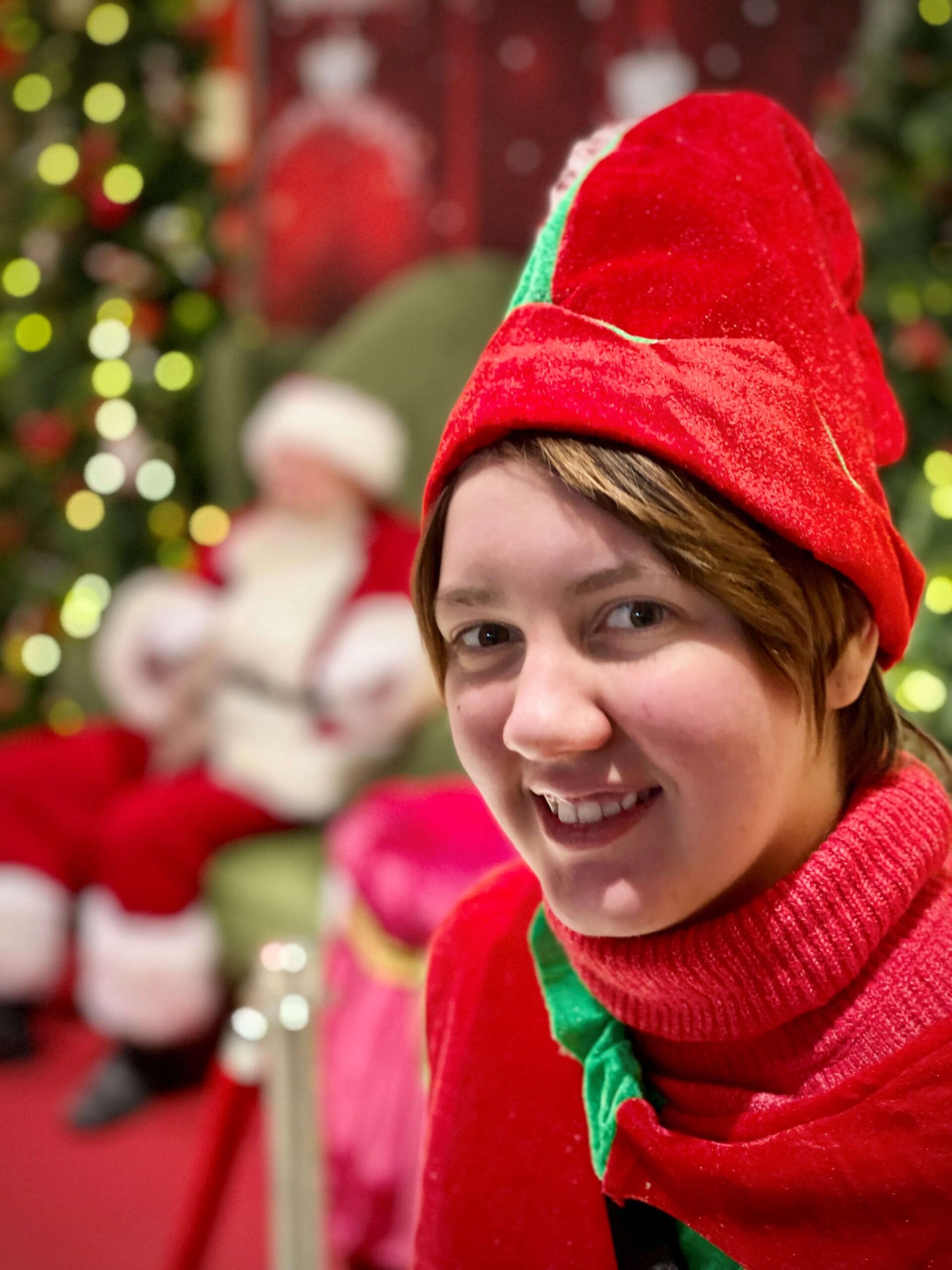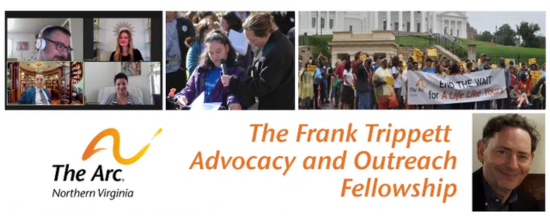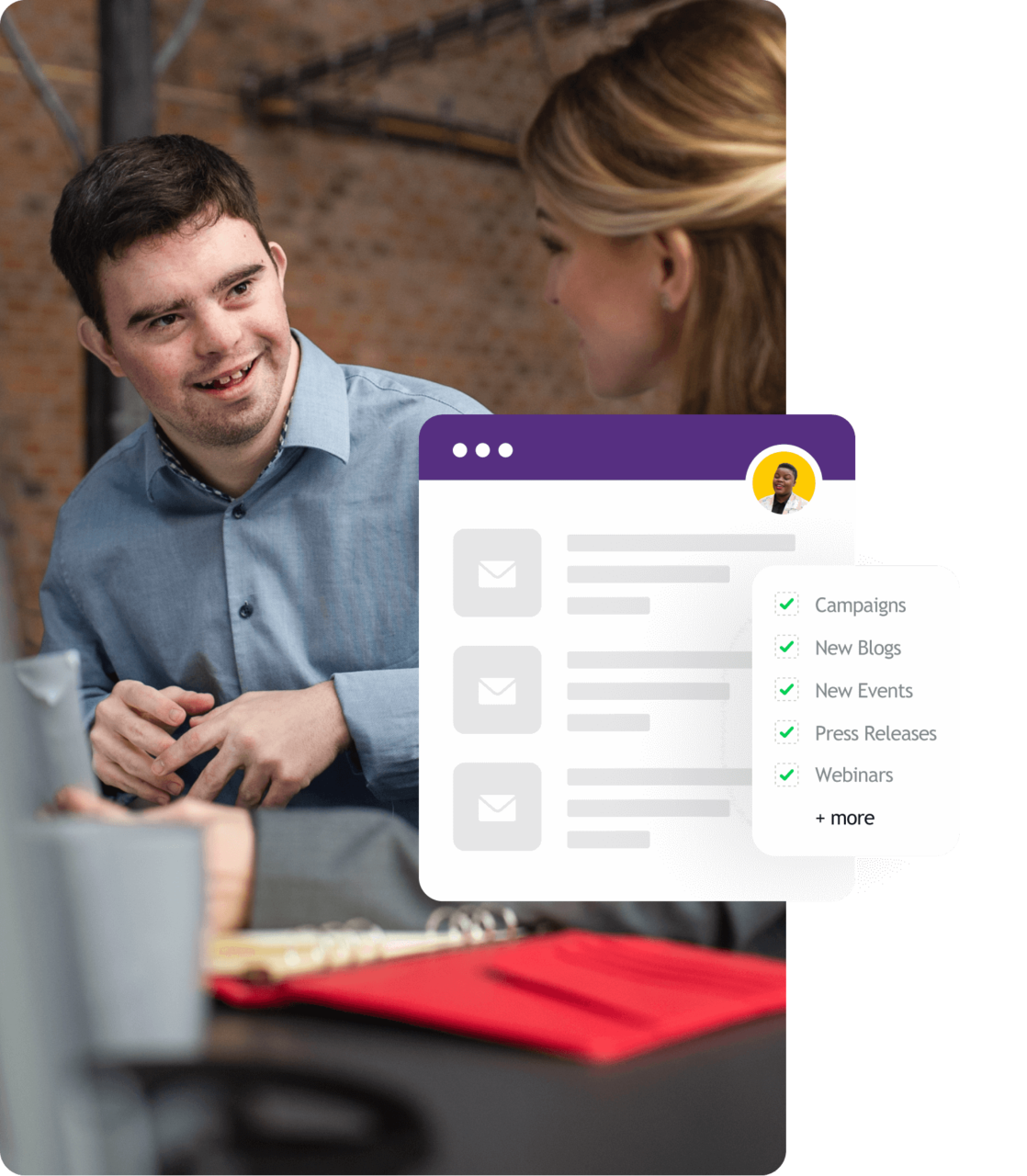
Rob Hudson is a Frank Trippett Advocacy and Outreach Fellow, and Community Outreach Associate for The Arc of Northern Virginia. Rob’s advocacy on behalf of his daughter, Schuyler, who has a rare disorder called polymicrogyria, has guided his personal philosophy for the past twenty years.
We find ourselves in the midst of the holiday season now, with Thanksgiving 2023 in the books. The dishes are done, the leftovers are mostly eaten by now, and the next round of family gatherings is mere weeks away. This is a time for families to come together and celebrate each other, and to embrace our better selves. It’s a season of joy, but frankly, it’s often a time of anxiety as well. We want to get it right, for ourselves, our loved ones and our communities.
For those of us with family members with intellectual and developmental disabilities (IDD), it can be easy to let those anxieties sit in the front seat. The isolating experiences of advocating for and taking care of someone we love with IDD are challenging at any time of the year, but during the holidays, that sense of being alone with these challenges can become especially hard to bear.

The good news is inclusivity is a philosophy whose time really does seem to have arrived. The world is gradually becoming more open to the idea, and more aware of how traditions and holiday habits can be bent or remade to accommodate everyone. Going to see a mall Santa? The chances are pretty good that he’ll know American Sign Language. And if you’re visiting him at one local shopping area, his friendly, helpful elves will come from the northern Virginia IDD community. Organizations are beginning to recognize the unique challenges for families like ours during the holidays. More and more, we as a society are beginning to get this right.
There’s a more personal kind of inclusivity that can be more challenging to build, even for families who are trying hard. I know personally how difficult it can be, getting together with your extended family and finding yourself trying to answer questions about our children and their capabilities, questions we’ve spent years trying to find answers to ourselves. We sit quietly and smile as other parents speak proudly about the professional accomplishments of their children, or the esteemed colleges they’ve been accepted to. They celebrate the markers of success for the neurotypical world, and when we celebrate with them, we do so with sincerity.
We’re happy for them, we truly are. Are they happy for us because our children have found a therapist who has finally had success helping them regulate their emotions? Are they as impressed as they should be when we tell them that our kids are participating in classes to help them get jobs and perhaps live with some measure of independence one day? Do the people who love us also understand our lives and our unique milestones for success? If not, might they one day? How can we help them get there?
I believe the first steps toward community are understanding and empathy. When we have room in our hearts and in our minds for the spectrum of human experience, then the holidays really do become inclusive, and we begin to build spaces for all families. Once our hearts are open, I like to believe they’ll stay that way as the new year begins.
This holiday season, let’s concentrate on strengthening those communities, and on continuing to show the world through our stories the many ways in which success can be measured. As the rest of the world gets to know and understand our loved ones, that world will become more inclusive and richer.





